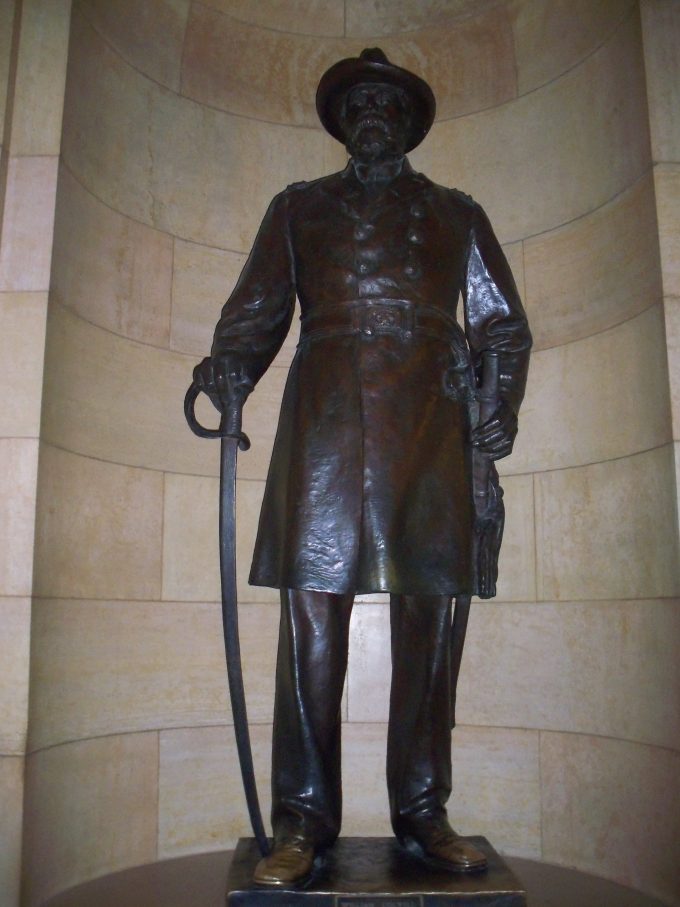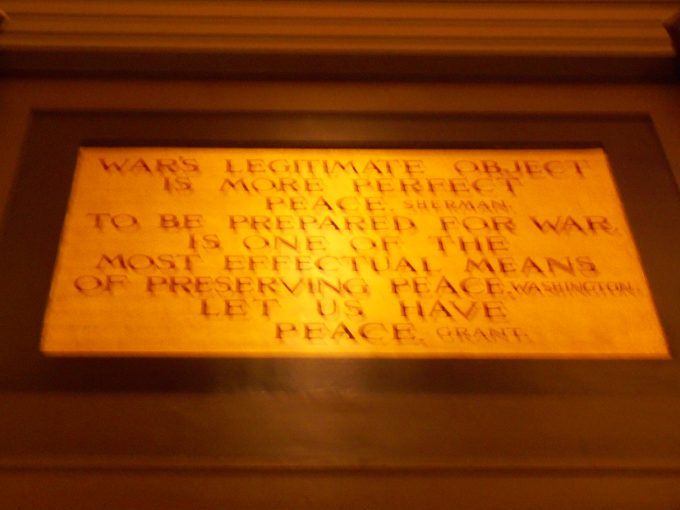
Wednesday, 12 July 2017
Therefore we wanted to come to you—even I, Paul, time and again—but Satan hindered us. 1 Thessalonians 2:18
The verse begins with “Therefore.” It is based on Paul’s sentiment that he, and those with him, greatly wanted to see the faces of those in Thessalonica. The words, “we wanted to come to you,” are in more than just a conditional tense. Instead, it was their full intention to come, and they had meant to do so.
Paul then places a stress on the thought by saying, “even I, Paul, time and again.” The use of his name here in no way implies that the others were less intent. Rather, as the author of the letter, he is showing the intensity he felt. That is then transferred to the others in what is known as an epistolary plural. It is where one speaks for all, just as he did at his introductory comments in verse 1:2. In this case, the singular “I,” speaks for the whole.
His further stress, “time and again,” shows that it wasn’t just a one time only attempt to return with no later attempts, but that they had made a real and concerted effort to make it back to their beloved brethren.
However, despite their attempts to return, “Satan hindered us.” He doesn’t elaborate on what this means, and so only speculation can be made. However, for the Thessalonians, he simply leaves the reason with these words alone. Satan is a word which any Jew among them could explain the meaning of, but it is a word which does not necessarily mean the devil himself. It could simply be a written personification of that which is opposed to God.
Paul does elsewhere speak of personal, fallen, spirits that hinder believers in their actions, and who pull them away from their faith in Christ. But that does not necessarily mean that he is referring to Satan in this way now. In the Old Testament, from which Paul draws his theology, the term “Satan” is used when speaking of a man on several occasions. It also speaks of an actual entity, especially in the book of Job. Therefore, as Vincent’s Word Studies notes, “It is clear that Paul here as elsewhere employs the word in a personal sense; but any attempt to base the doctrine of a personal devil on this and similar passages is unsafe.”
This does not mean Vincent is arguing against a personal devil, but he is arguing for the term to possibly be applied in a broader sense of that which is opposed to God. It can simply be wicked people who are hostile to the spreading of the Gospel. And this is exactly what Paul referred to in earlier verses of this very chapter.
Life application: There is a whole world full of enmity to the message of the Gospel. People will do pretty much anything to stop its spread. And yet, in that persecution, the message spreads even faster. The deaths of the saints is tragic, but their eternal life will infinitely overshadow their temporal loss. Be strong if you are facing persecution. Good times lay ahead!
Lord God, the world truly is against the spreading of the Gospel message, but the more it fights, the more the message spreads. When people hear of the promises which are found in Christ Jesus alone, they are freed from the temporary, fallen world in which we live. Whatever trials result from faith in Christ will be well worth it. In the end, a marvelous, eternal procession of joy lies ahead for Your faithful. Thank You for these sure promises! Amen.




